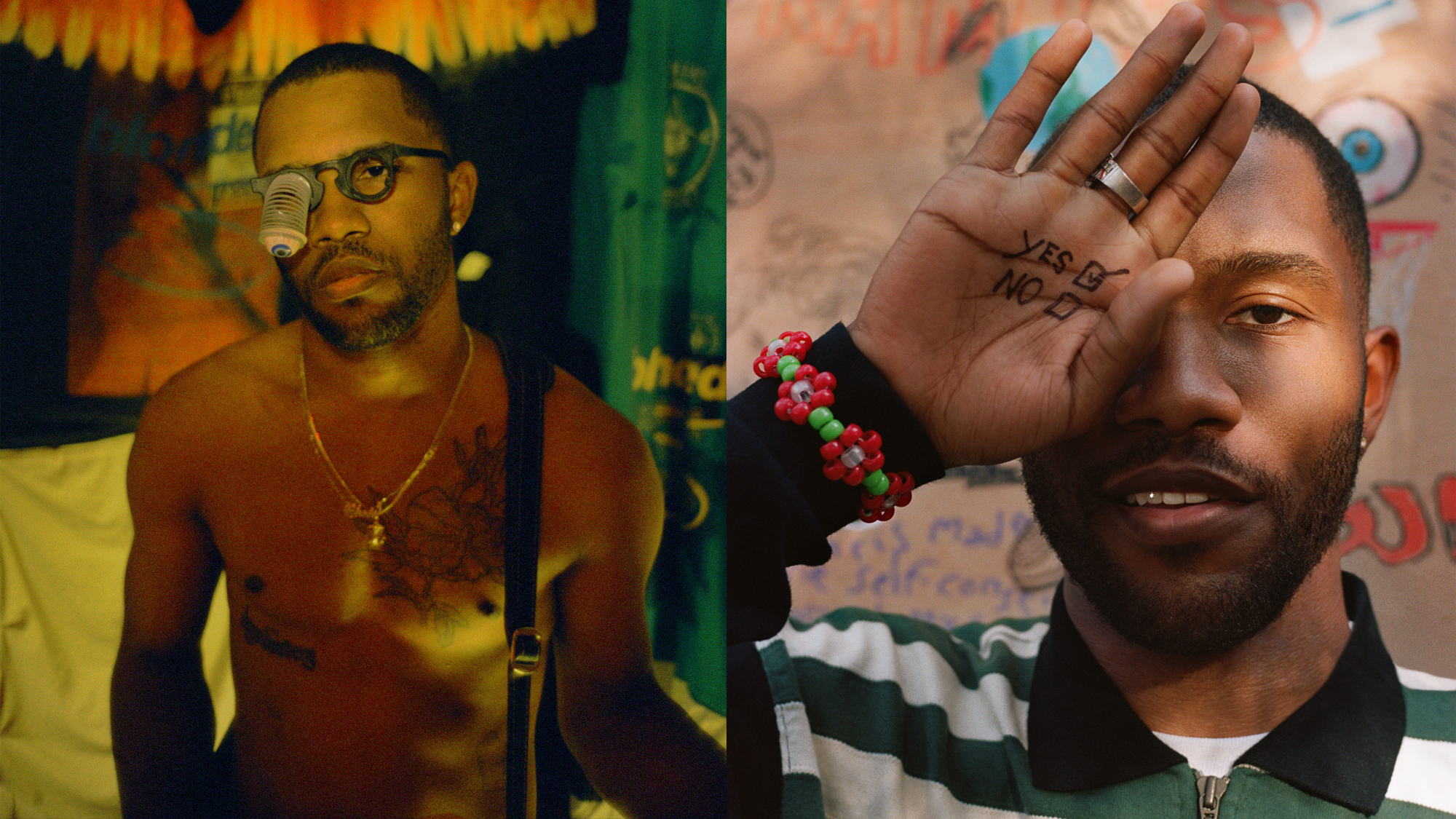Frank Ocean’s music transcends sound. It’s a intricately-laced web of messages, straddling everything from identity and sexuality, to drugs and strippers. It’s the kind of music you need on a really long road trip, playing over and over as you hurtle down shimmery hot tarmac, each listen unearthing a new meaning or unexpected beat. It’s spawned scores of think pieces, a full podcast dissection, and now, an entire university course.
UC Berkeley student Preya Gill recently tweeted that she had “proposed a course on Frank Ocean @ UC Berkeley and it got approved! Very stoked to be teaching it in the fall.” She added that the idea had been conceived with her roommate Deborah Chang.
“When we found out that Berkeley accepts student-taught courses, we immediately saw the potential Frank Ocean’s artistry offers,” Preya and Deborah explain in an interview with The Fader. They add that the course at the California university will cover things like Frank’s artistic history, upbringing, background, “and the way he challenges dominant social concepts such as toxic-masculinity and gender politics”. We’re not sure what’s better — a course about Frank, the fact that Berkeley are smart enough to let the students do the teaching, or the course’s name, Brain Like Berkeley (a lyric from mixtape Nostalgia Ultra‘s lead single Novacane).
Of course, Frank’s not the only cultural icon to be enshrined in the annals of academia of late. Last year, the University of Copenhagen announced that they’d be teaching a course on Beyoncé, Gender, and Race. As Professor Erik Steinskog told TV2, “We will analyse her songs and music videos. There will be a focus on gender, sexuality and race … We want to explore the kind of entity feminism is.”
Then there was the Georgia Regents University professor who taught a course on Kendrick Lamar’s 2014 album good kid, m.A.A.d city. As he told USA Today at the time, “With Kendrick’s album, you’ve got gang violence, you’ve got child-family development in the inner city, you’ve got drug use and the war on drugs, you’ve got sex slavery, human trafficking — a lot of the things that are hot-button issues for today are just inherent in the world of Compton, California.”
It’s refreshing see some of the most influential and important artists of our time being afforded the intellectual respect their work deserves. They’re constantly driving cultural conversations forward, from Frank’s nuanced explorations of sexuality, to Kendrick’s political probing of systematic inequalities, to Beyoncé prioritisation of black feminism.
The only irony is that with the racial inequality present within America’s college system, a large proportion of minorities who’d stand to gain from these curriculums stand to miss out. Last year, the New York Times reported that black students and hispanics are even more underrepresented in top colleges than they were ten years ago. “A cascading set of obstacles all seem to contribute to a diminished representation of minority students in highly selective colleges,” David Hawkins, executive director at the National Association for College Admission Counseling, told NYT. A summary of Berkeley’s 2016 Diversity Report stated that “While equity gaps have narrowed significantly over the past three decades as graduation rates improved or held steady across racial/ethnic groups, gaps persist between some racial/ethnic groups and the overall student body — notably for underrepresented minority men.”
That said, prioritising black experience at largely white colleges is also essential. As Copenhagen’s Professor of Beyoncé noted: “One of the goals [of the class] is to introduce black feminist thought, which is not well known in Scandinavia.” Yet while in Denmark college education is free, in the US, Trump is reportedly trying to slash $4 billion from student aid funds.
So while it’s great to see universities widening their curriculums, let’s hope we see them widening the brackets of who actually gets to go to them too.
